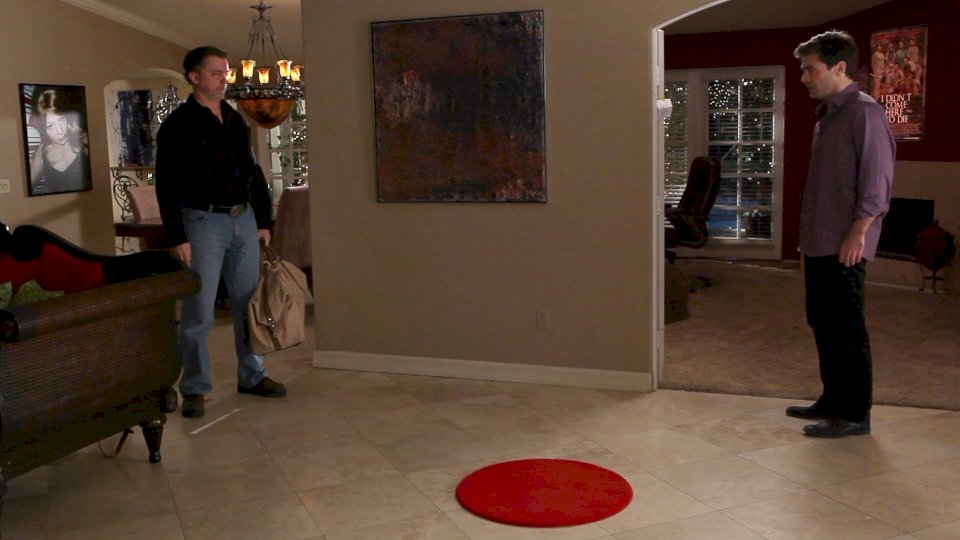

The intimidation they face is no hollow threat: as Diaz’s film makes clear, Duterte’s officials - here exemplified by Ronald “Bato” dela Rosa, his bald, baby-faced Mussolini-like lieutenant, to whom Diaz also gains surprisingly frank access - have been responsible for literally thousands of extrajudicial murders under the flimsy guise of the “war on drugs.”įor a category of filmmaking where the craft is often utilitarian at best, the footage is unusually well-shot by DPs Gabriel Goodenough and Jeffrey Johnson. In the years since, Rappler and its journalists (many of whom are women, which takes on special significance when you consider the regime’s gleeful, violent misogynistic rhetoric) have become specific targets of Duterte’s ire, even as. Ressa, along with three other female journalists, runs Rappler, an online news portal she co-founded in 2012 that soon became the staunchest debunker of the misinformation and “fake news” that helped Filipino strongman Rodrigo Duterte gain power in 2016. But you come out more profoundly aware than ever of the gathering darkness of our current geopolitical moment, and more fervently grateful that there are torchbearers like Maria Ressa to lead us to the light. You may go in knowing little about her - perhaps just that she was one of the four “Guardians” (Jamal Khashoggi being another) to be named Time’s Person of the Year for 2018. Diaz’s pacy, engrossing, galvanizing film “ A Thousand Cuts” feel more like a political thriller than an off-the-cuff investigation into embattled journalism in the Philippines, but Ressa’s seemingly boundless energy, good humor and intelligence make her basically a power plant for the manufacture of inspiration in embattled times. Not to downplay the impressive craftsmanship that makes director Ramona S.

It almost feels like a cheat, or an unfair advantage, to have such unfettered access to a documentary subject like Maria Ressa.


 0 kommentar(er)
0 kommentar(er)
